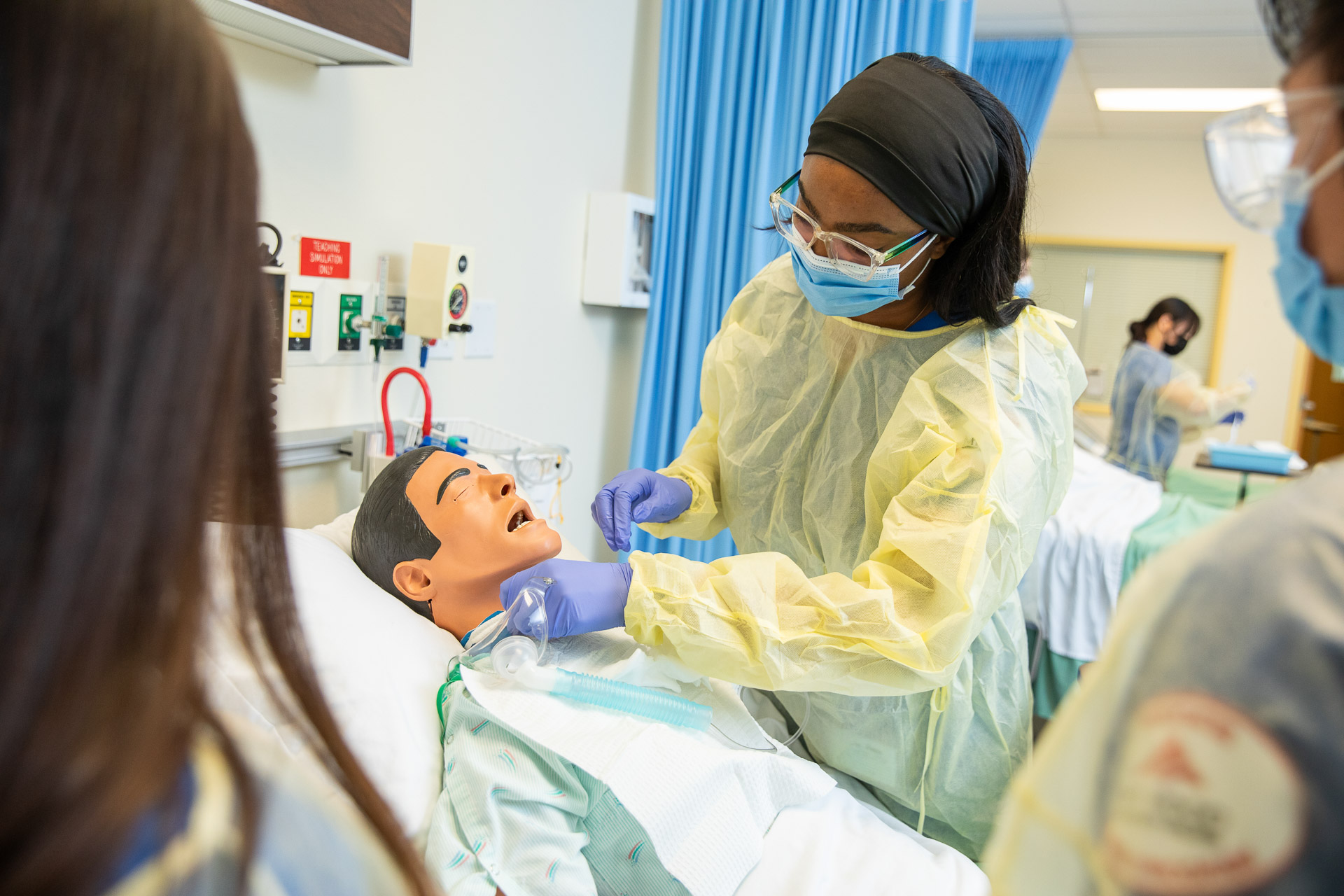
Respiratory Care - FAQ
Do you still have questions about the program, careers after graduation, or how to get started? Take a look at the frequently asked questions or talk with an advisor to get the help you need.
Frequently Asked Questions
The approximate core class schedule for the first year is Tuesday-Friday, 8 a.m. - 6 p.m. The approximate core class schedule for the second year is Monday, 8 a.m. - 4 p.m. and the clinical schedule is any other day of the week, including weekends. Typical clinical shifts are 12 hours, day or night shifts.
If you will be graduating from high school the same year you are applying, we will accept a letter from your high school stating you are on track to graduate that spring along with a transcript which shows you are in your last year of high school. In the event you are accepted to the program it will be contingent upon receiving the final transcript showing your high school degree earned. If you are unable to supply this by the date listed in your acceptance letter, your acceptance will be revoked.
Take the next step with Mt. Hood Community College
Have questions about the Respiratory Care Program?
Read Respiratory Care Frequently Asked Questions